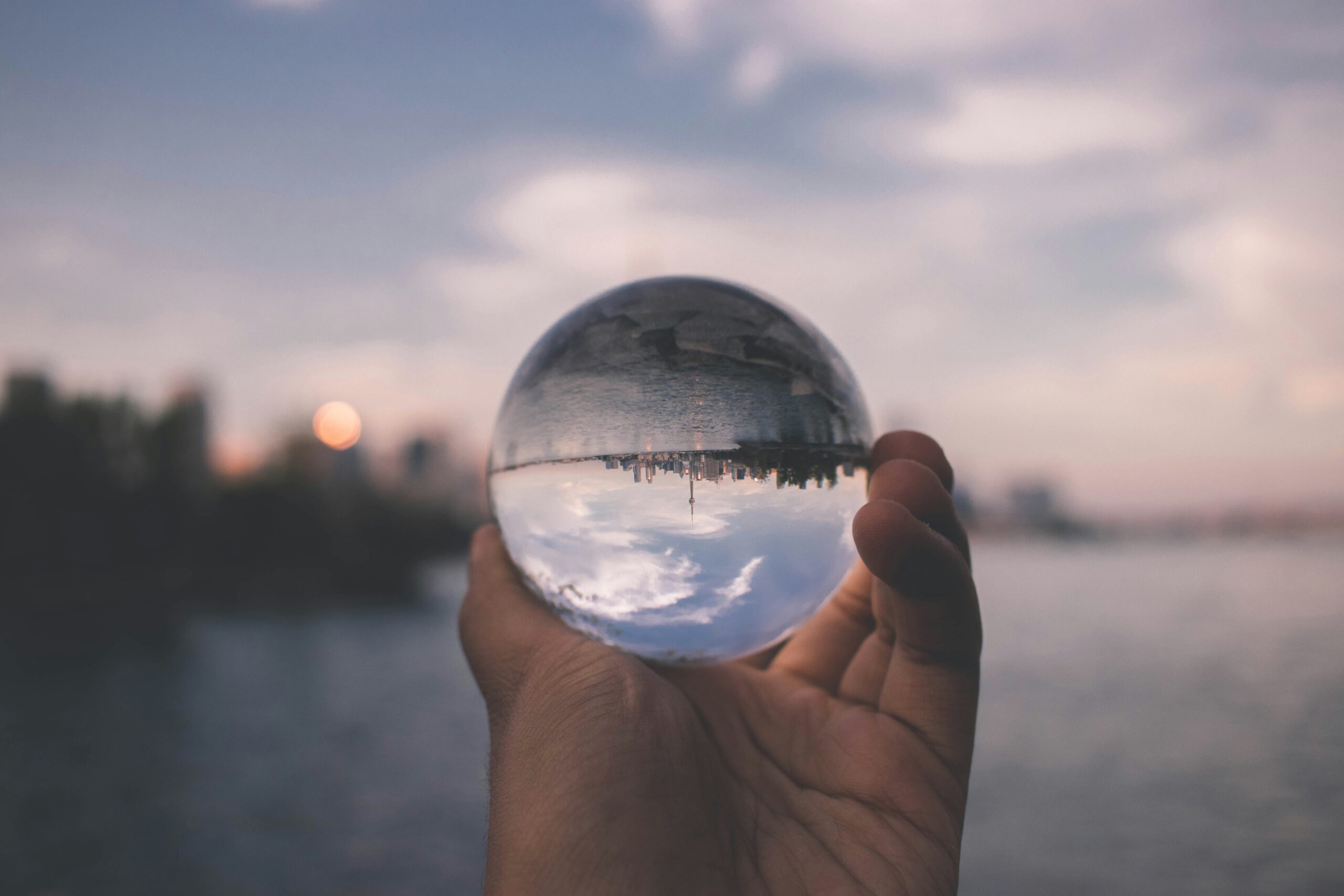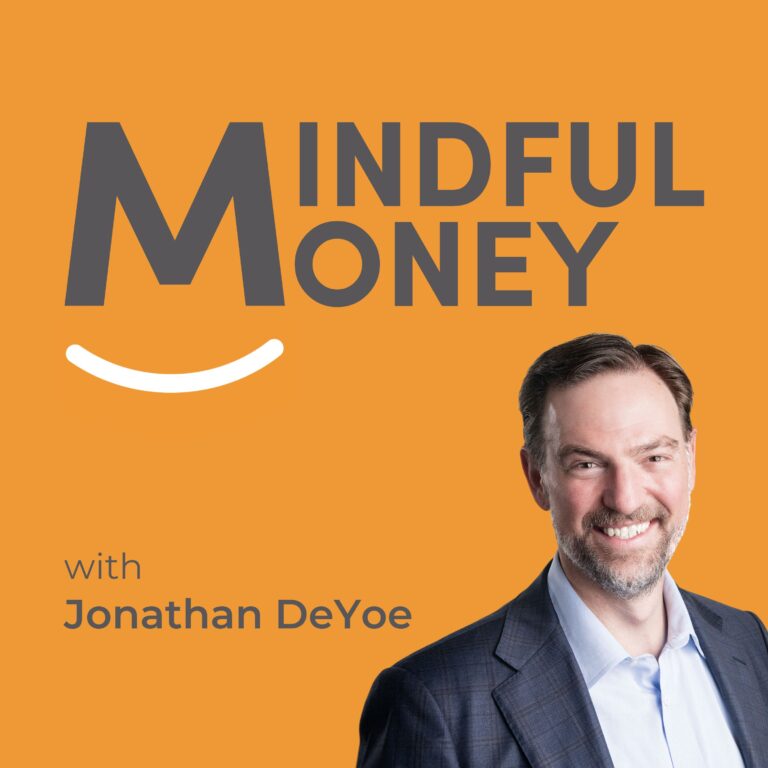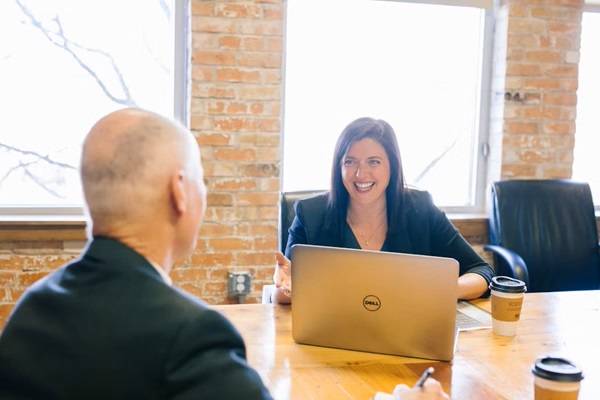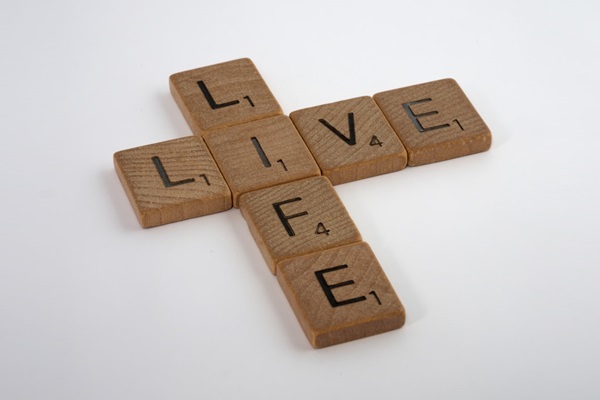Since my brother died, my meditation practice has been spotty because whenever I attempt to sit quietly I’m quickly overwhelmed by feelings of loss surrounding Dave’s death.
From a meditation practice perspective, this is emotional overwhelm. When I brought this up with a teacher, I learned that the brain’s response to overwhelm is the same, regardless of the source of the overwhelm. Some people may be overwhelmed, as I am, by the loss of a loved one. Others may be overwhelmed by despair over climate change or the political environment. Still others may become overwhelmed by financial concerns.
I have experienced how normal market volatility has led clients to thoughts of financial ruin, running out of money, not being able to retire, etc. Taken to an extreme, these concerns can certainly be overwhelming.
In mindfulness meditation, our goal is to observe our thoughts in a non-judgmental manner. The practice is to remain non-reactive to our thoughts and feelings. You acknowledge the thought with “thinking, thinking,” and then you let go of the thought, and bring the attention back to your breath, “In… Out… In… Out.”
However, when the feeling is really big, you can become trapped in it. That is emotional overwhelm. No good can come from overwhelm.
My normal meditation practice is a focal-point practice. I close my eyes and become aware of my breath. When I breathe in, I note “In.” When I breathe out, I note “Out.” If my mind is active between breaths, I may blend in a touch point (my bottom on the cushion, my lips touching, or one hand resting in the other) to help me maintain my focus.
This style of meditation creates an inward focus. When you are dealing with emotional overwhelm… looking inward is a bad idea. I was making the overwhelm worse, essentially, by closing my eyes and focusing on the pain.
Kaira Jewel Lingo suggested that I start by opening my eyes, and instead of focusing on my breath or my own bodily sensations, expand my awareness to everything happening around me. Frankly, I found this method of meditation – just attending to the strongest input of the moment – very easy to do. It was so easy, I thought I was doing it wrong.
We were sitting outside, so there were trees, wind in the trees, birds, birdsong, turkeys, airplanes overhead, and a variety of sounds from my fellow practitioners. There was so much input, that it was easy to let the heavier emotions go and just note the sound of the birdsong.
Meditating with open awareness allowed my body to calm down. When my body was calm, I could revisit the grief without overwhelm. Kaira suggested that once I was calm, I might be able to trace where I was holding the grief in my body. That was my greatest discovery.
I learned that I was becoming overwhelmed, because the realization that I was thinking about my brother came at the end of a string of physical manifestations of grief. By the time I knew what was going on, I was past the moment of being able to manage it. I realized that before I knew Dave was on my mind, my stomach tightened, my core heated up, I started to sweat, and I started pushing my hands tightly together in my lap. My body was preparing itself to be overwhelmed before I could name what was happening.
I learned that if, as my stomach tightened, I just placed a hand on my stomach and thought “breathing in, I calm the body” as I breathed in, and “breathing out, I calm the mind” as I breathed out, I could begin to investigate the grief without being overwhelmed by it.
If it ever got to be too much… I would shift my meditation back to open-awareness.
After 17 months of struggling unsuccessfully with emotional overwhelm, I finally have a set of simple tools that have made a huge difference for me personally in accepting, allowing, just being with difficult emotions.
If you’re curious about this or want to try meditation, let me know. I’d love to help you get started. There are so many benefits of maintaining a regular meditation practice that are supported by brain science. But all that research pales in comparison to the experience. Just give it a try.
I know how important my practice has been to me personally. And I believe it could have a similar affect in your life. There is no better way to invest 10 minutes a day.






